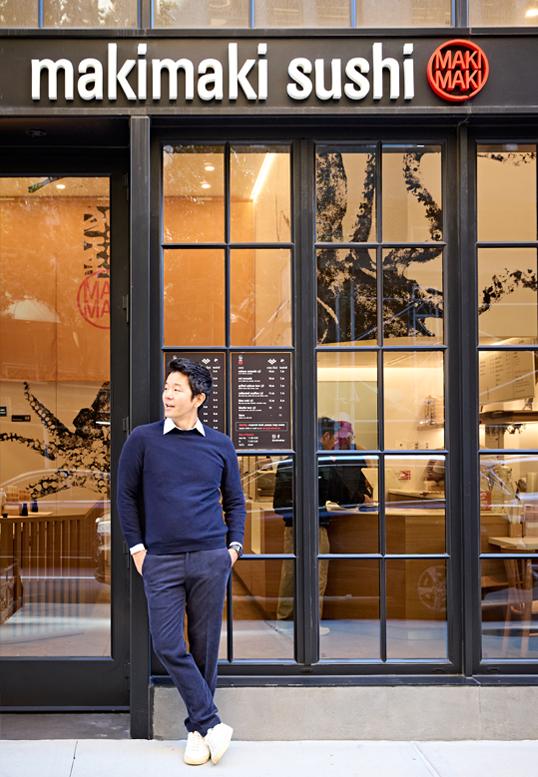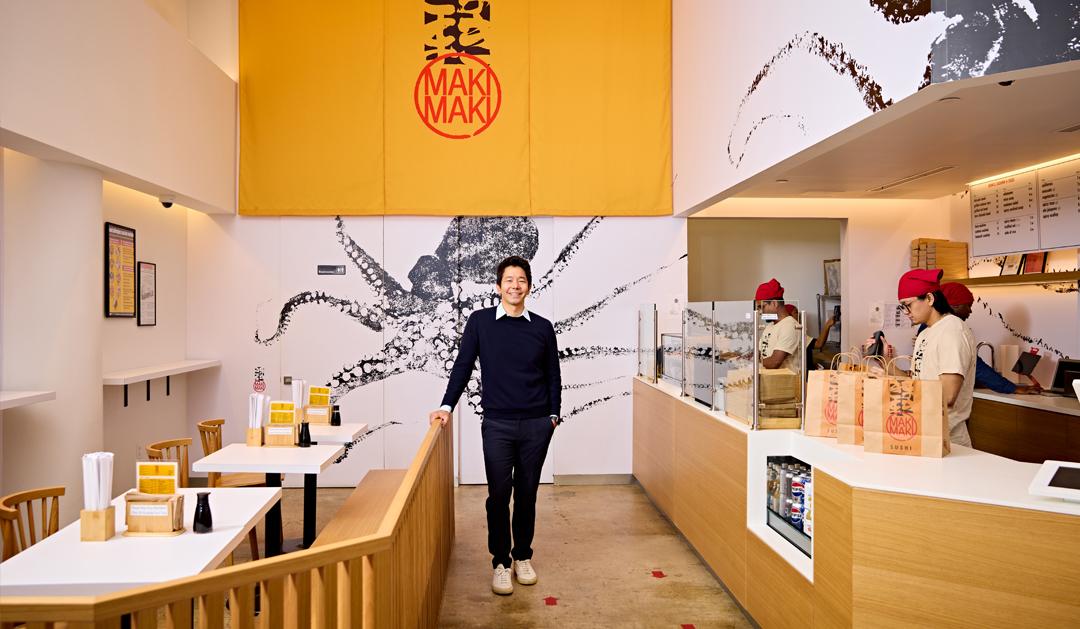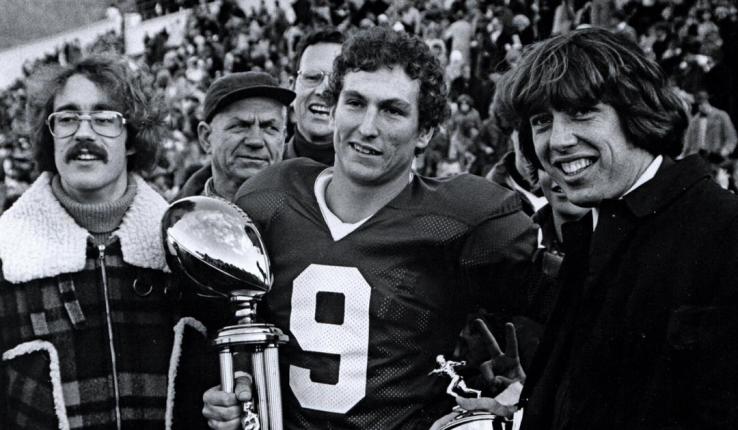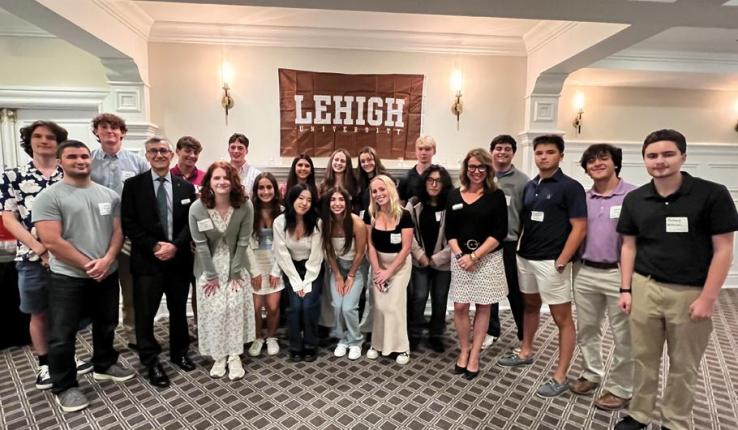After starting his career as an automobile engineer, Kevin Takarada ’06G planned to transition into the medical device industry. His path, and the New York City job market, led him to an entirely new field—finance.
Yet Takarada never felt fully fulfilled in his career. He yearned for more.
Already dealing with a period of professional frustration, his personal life was upended in 2012 as his parents, who had been battling cancer for years, lost their fight within two weeks of each other.
To deal with the grief, Takarada poured himself into his work. But after years of dedicating nearly all his time and effort to his job and not being appropriately recognized, Takarada knew something had to change. As he dug into the same old salad he purchased each day for lunch, he wondered why he never enjoyed sushi for his midday meal. How could he get out of his rut, both with his dining habits and career path?
“I wanted to combine my background in engineering with my love for sushi, and create something that was both fast and fresh,” Takarada says.
His bland salad routine eventually led Takarada to leave finance and start MakiMaki Sushi, a restaurant that produces affordable, quick, fresh sushi. Opening the first Manhattan location in 2017, Takarada has successfully revolutionized sushi in New York City, and recently opened his fourth location in the city’s borough.








